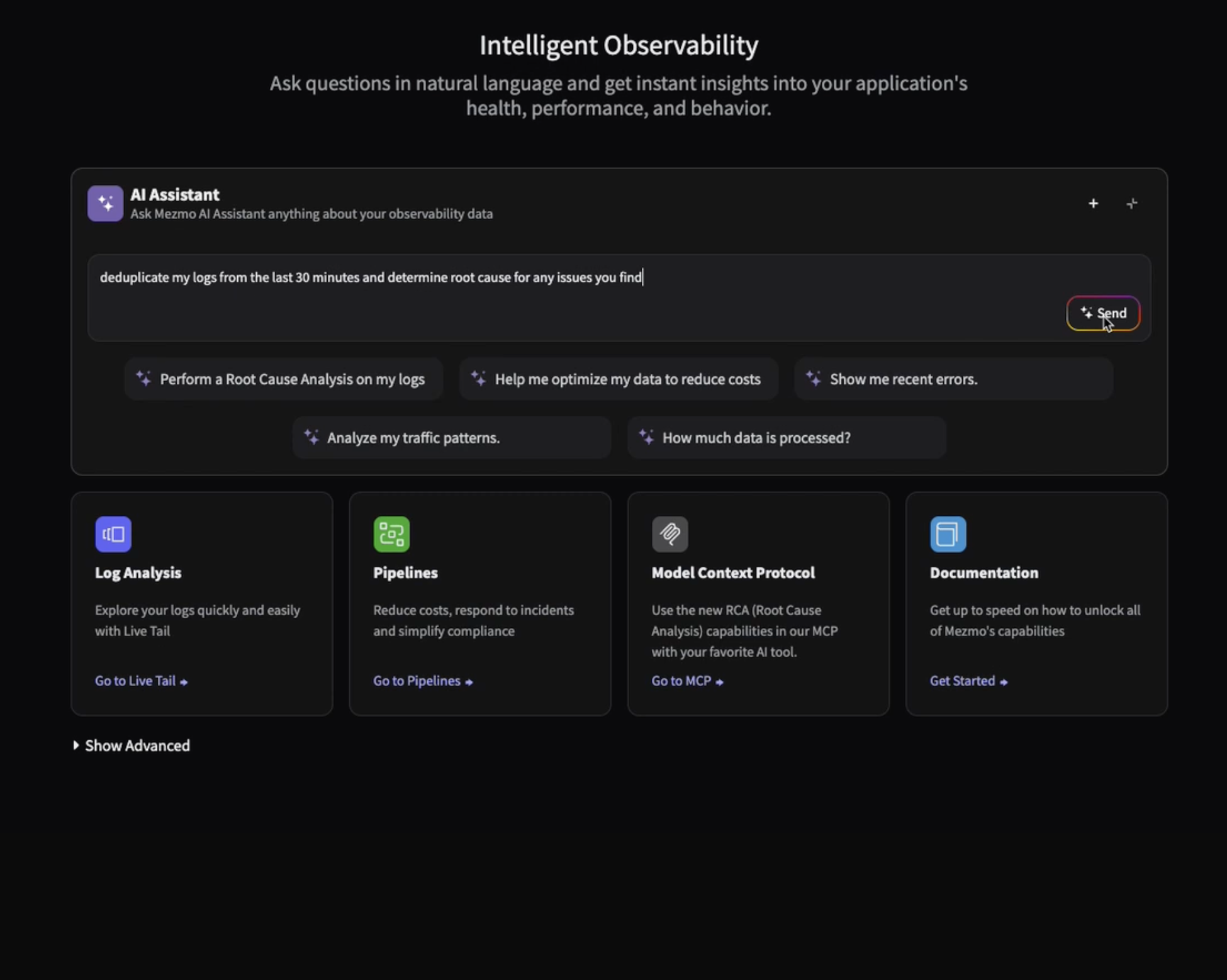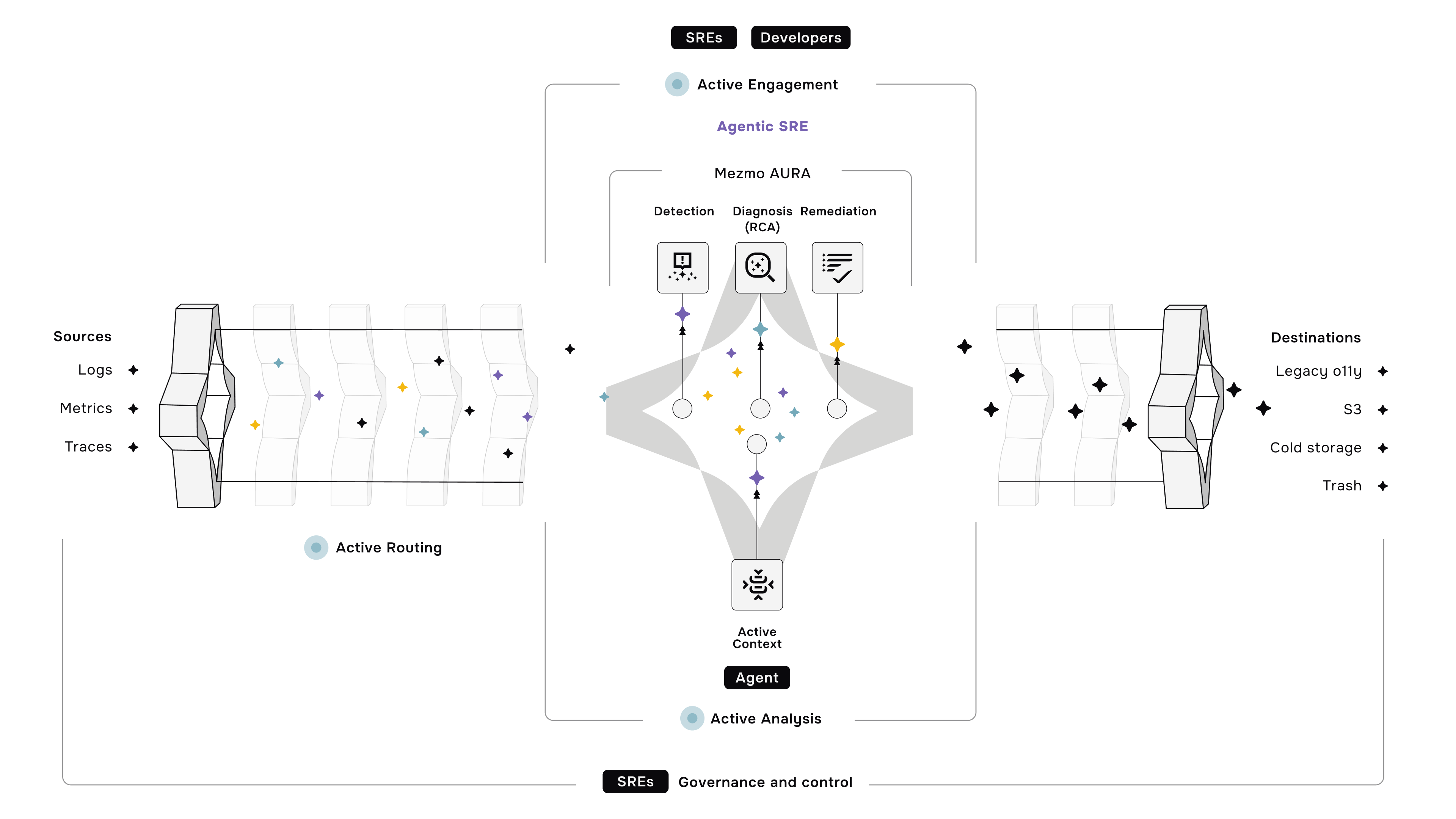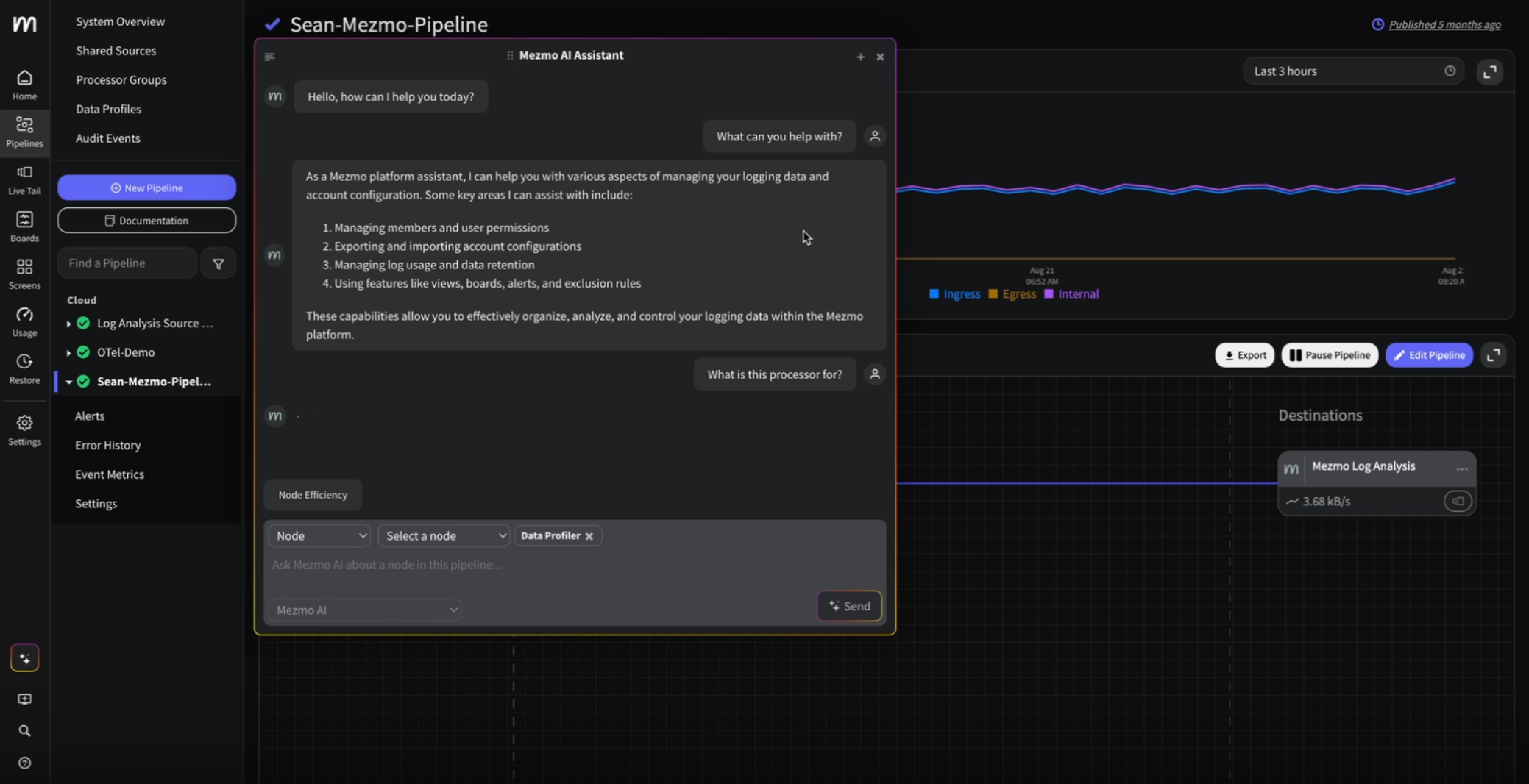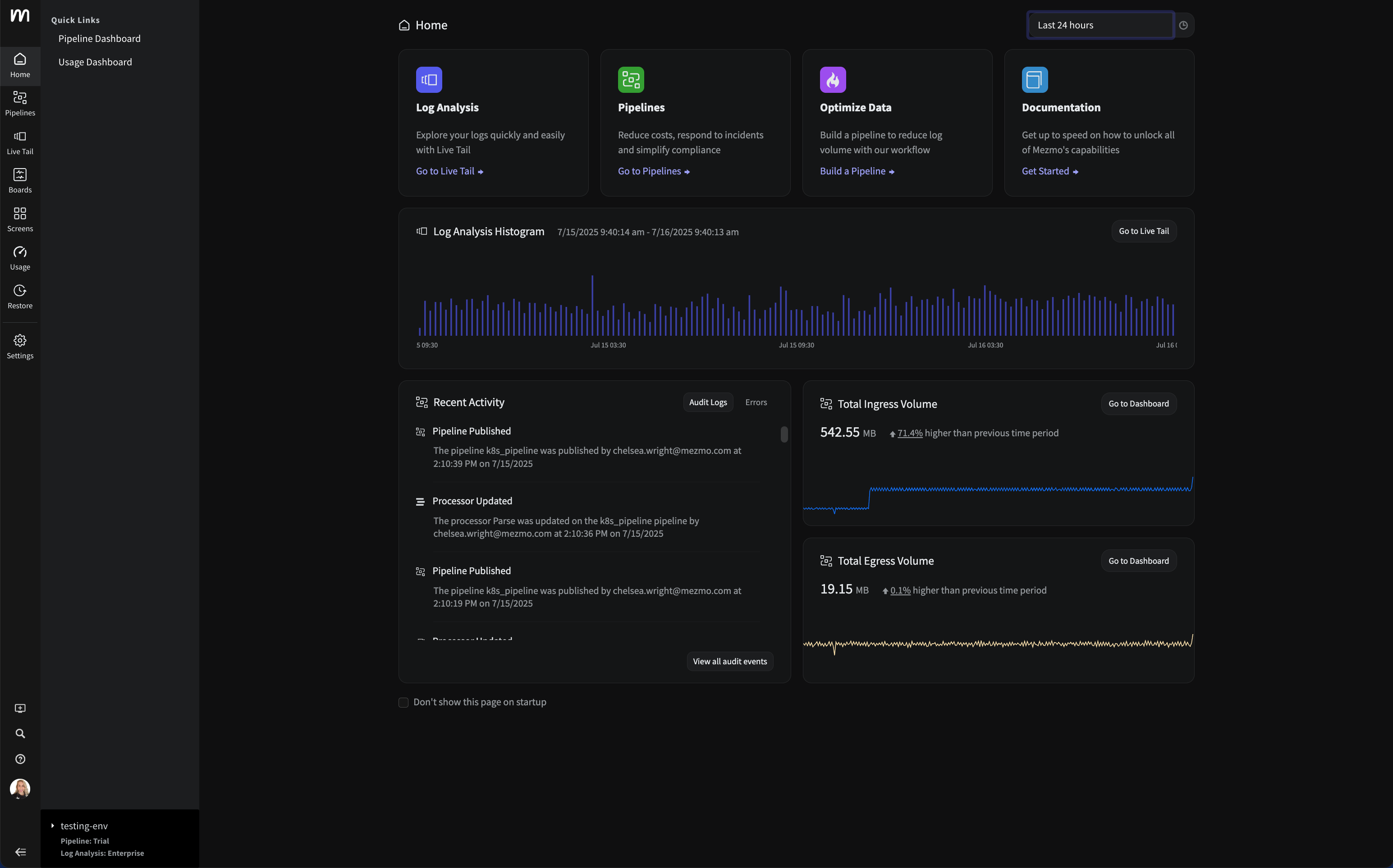How Mezmo Gives Developers Easy Access To The Information They Need
Developers of any skill set find it frustrating when we don’t have access to the information we need. We want easy and complete access to application logs so that we can troubleshoot application problems. Quickly resolving issues requires a complete picture of what’s going on. Using the wrong tools limits our ability to determine what’s wrong, slowing the repair process. We often have to fend for ourselves with limited access to logs or no direct access to logging tools, forcing us to access applications directly.
Using something like kubectl for Kubernetes containers is direct, but it’s time-consuming. In some cases, a dependency on IT Ops/SREs to gather production information makes diagnosing issues even more problematic. Not having full access to basic system information, including events leading up to an incident, delays getting applications up and running.
Mezmo, formerly known as LogDNA, provides a fast and easy-to-use solution for developers looking to get more out of their application logs. We can find the information we need to solve an issue independently, ultimately reducing the time to resolution.

Why Developers Need Logs
Developers working with companies who have a DevOps mindset spend their time debugging, troubleshooting, and monitoring applications. There’s still a disconnect in some companies between developers and operations contributors, but it’s becoming common to expect us to take on production issues. DevOps is an integration of operations, development, and security. This integration has exploded in the market recently, with companies using it seeing a decrease of five times in their failure rate.
Companies expect developers to do more than conjure up their operations skills. But, to do more, we need tools made for workflows to help do these tasks. Far too many legacy logging and monitoring tools have only operations in mind, making them less than ideal for us. Operations folks have different needs than developers, and developer tools should reflect that. DevOps logging tools also need to be palatable for new developers. Approachable tools allow us to onboard a new developer quickly, ensuring that the tool multiplies the value it brings to the organization right from the start. Fortunately, Mezmo has many tools to help with speedy onboarding! One of these features is the Template Library that provides pre-configured Views, Boards, and Screens for some types of logs to provide a jumping off point for new users.
Beyond that, developers must have quick access to whatever they want to find. Outages are expensive in terms of lost revenue, reputation harm, and employee strain. Having developers dig through mountains of logs increases these expenses. Mezmo gives us the ability to search logs using natural-language queries. We can search for what we’re looking for in plain words, much like asking an operations teammate for help. Mezmo expert search engine lets us comb our logs with precision, enabling us to find what we need as fast as possible. We can conduct simple searches, like for single keywords, or compound searches, keyword exclusions, and even use AND and OR operations. Finally, searches can use an order of operations, which returns highly refined logs.
Forward-thinking developers take advantage of Mezmo's tags to make searching logs faster and easier. We can use a tag to group lines, and we can apply more than one tag to a given line. Logs that have been parsed and tagged are much easier to search through than raw log output.
Mezmo parses loglines on ingestion, making searching even more efficient. The system uses Automatic Parsing for the most common application and system types and provides Custom Parsing templates for everything else.
Beyond that, Mezmo provides highly technical controls like Usage Quotas, Exclusion Rules, and Automatic Archiving. These features allow us to debug, troubleshoot, and monitor applications without worrying about how much we are spending on the tool.

Conclusion
As a job title, “developer” is evolving. No longer are we isolated from IT operations professionals and site reliability engineers. Even when organizations employ both roles, companies that streamline communication reap benefits in productivity, application quality, and incident resolution times.
Proper logging is one of the most immediately valuable ways for us to add operations value. Developers who can access production data for their applications are miles ahead of those who have to get basic data from operations teammates. Even so, viewing raw application logs is only so helpful, especially for those new to IT operations. Mezmo provides a logging platform that makes application logs easy to view and search, which makes it easy for developers to find crucial information.
If you’re ready to supercharge your team’s operations capabilities, sign up for a fully-featured 14-day free trial or join our community to see how other organizations use Mezmo.


.png)


.jpg)












.png)
























.png)





























































